Things Your anxiety teaches you about life – Anxiety feels terrible. It feels paralyzing, frustrating, annoying and degrading. It can ruin your life and your relationships. But there are some valuable things that can be learned in this pit of darkness. Anxiety protects us and keeps us safe. And if you can realize it, anxiety teaches you the most important things in life.
“Something in you dies when you bear the unbearable. And it is only in that dark night of the soul that you are prepared to see as God sees and to love as God loves.” – Ram Dass
No one likes feeling anxious. Yet, anxiety is a great teacher, if we allow it to be. Here are 3 lessons I’m learning from my own anxiety: how to own it, use it and transform it.
3 Lessons Your Anxiety Can Teach You About Life
1. How to own it
Anxiety feels like a personal weakness. So, more often than not, most of us would try to pretend to look “just fine”, or distract our mind endlessly with work (at least that makes us feel busy and important!), OR doing house chores (our home looks sparkling clean!), OR chatting with friends (at least we look like friendly people!), OR hoarding (yay, we got lots of stuff!), OR gaming and other forms of entertainment (c’mon, what’s wrong with having some fun, right?).
Here’s the thing: Anxiety is a NORMAL emotion. And just like joy, sadness, and anger, emotions are present to tell us something about ourselves. If I deny or try to conceal it, I will probably delay the process of getting to know myself.
Like painting, you’ve just got to paint what it is for you, here and now. Even if you have to paint the same thing again and again, the compulsion itself is part of the process of getting in touch with the anxiety that NEEDS to manifest itself. The faster we cooperate with the inner urges, the sooner we get acquainted with the emotions that are crying for attention, the quicker we get to reconcile with our true self — the self that is dying to say hello to you…
“Anxiety is a thin stream of fear trickling through the mind. If encouraged, it cuts a channel into which all other thoughts are drained.” – Arthur Somers Roche
2. How to use it
I get creative blocks when I am overridden with anxieties. That’s when anxiety becomes downright useless and paralyzing to me. Hence, I learn that if I truly want to make good use of my anxiety to help myself, I have to know what anxiety is about and believe in its power to help me.
Anxiety is, put simply, the emotional intelligence to self-protect from the actual and potential risk of harm. Anxiety serves to place the self in a humble vulnerable state, in which we recognize that we do not and cannot control the outcome, and we can expose ourselves to injury, failure, ridicule, and rejection.
How does that make anxiety useful or even powerful then?
The key is to look beyond the noisy, distracting anxiety. Behind the façade of anxiety is a person who deeply cares. If we focus on the person’s anxiety, we are either forcing them to hide even more out of shame or enabling them to remain helpless and dependent by externalizing their problems.
However, if we can affirm the PERSON behind the anxiety who deeply cares, we are drawing out internal gems and treasures that the person might have overlooked or distrusted. And once you see the weight of your cause (eg. raising a strong-willed child, raising the standards of care in a working system, fighting to keep your marriage alive, fighting to leave home or your comfort zone, etc.), hopefully you start to have a little more respect, a little more compassion for the human that you are, trying to take on a divine mission that you instinctively feel called to take on.
You know you don’t need to necessarily kill off your anxiety, because it testifies the depth of your care! More importantly, you know that your anxiety is merely leading you to identify where your true passion is, for that is where your true power is hidden!
“Anxiety is the dizziness of freedom.” – Søren Kierkegaard
3. How to transform it
When we feel anxious, we feel anxious. No amount of external reassurance or lecturing or counsel can make anxiety go away. The worst we could tell someone is don’t think about it, don’t feel, as though pretending anxiety is not there will make it disappear. Like a ball that you push hard downward, anxiety tends to bounce back up in double or triple the force. That’s when some of us end up getting a diagnosis like an “anxiety disorder”. What you do not deal with now will come back and haunt you at a later time.
In contrast, what psychotherapy offers people is a safe space to think about their anxiety and to allow people to feel their anxiety, until the point they can begin to think and feel something different emerge within themselves.
Sometimes it’s sadness… Sometimes it’s anger… Often there are unresolved grief experiences from the past that we would rather forget. In other words, our anxiety is always helping us to find deeper healing and growth from within. Hence, if we truly want a different response than anxiety, we must prepare to do the inner work.
Much of what triggers anxiety lies in the interpersonal process between people, and within a complex system consisting of multiple people who are sharing different degrees of anxiety. Hence, to transform anxiety, you need to think three levels: intrapersonal, interpersonal and system.
When you accept your own anxiety as a good messenger or helpful friend, you are dealing with it on the first level.
When you pay attention to how you are being affected by the different personalities and energies around you, you can then make better choices as to who you want to let in your life, and what kind of boundaries you want to set with different people, so you can still remain free and true to yourself.
“You don’t have to control your thoughts. You just have to stop letting them control you.” – Dan Millman
Finally, when you are fully alive to your own needs and the kind of relationship that gives you more health and safety (to be you), then you are probably more ready to discern and identify how you have inevitably BECOME part of a larger system that is anxious and stressed out.
You can choose to be in the system, yet not of the system. Simply put, if you know who you are, you don’t have to follow what everyone else does. The goal is not to be different than everybody else. The goal is to show more compassion towards yourself (for you can’t change yourself for others), and towards others (for they can’t change themselves for you either).
Anxiety is transformed where there is unconditional acceptance of yourself and of others. As the Apostle John says, perfect love cast out fears (1 John 4:18).
Here’s a clip from Disney’s animation “Frozen”. Watch Elsa, whose secret powers have just been revealed, flees her kingdom Arendelle and unleashes her magic… Enjoy unleashing your magic too!
“Whoever has learned to be anxious in the right way has learned the ultimate.” – Søren Kierkegaard
All of us experience anxiety in one way or another. And for people with anxiety, it’s a part of their life. It makes us who we are. And it can often make life better for us.
When you learn how to own, use and transform anxiety into something positive, it can help to enhance your life by teaching you some valuable life lessons.
When you challenge yourself and experience the positive kind of anxiety and when you are willing to accept it, anxiety can help you learn the greatest lessons of your life by the end of it. And that wouldn’t be the worst thing in life.
Here’s another interesting video on how to cope with anxiety that you may find helpful:
Written by DR NG WAI SHENG
Originally appeared in DR NG WAI SHENG
You may also like:
How To Be Yourself, Find Your Tribe And Let Go Of Social Anxiety
5 Things You Can Do To Overcome Depression And Anxiety Naturally
Anxiety Symptoms: The Different Ways In Which Anxiety Manifests Itself
11 Unusual Things You Do Because Of Your Anxiety
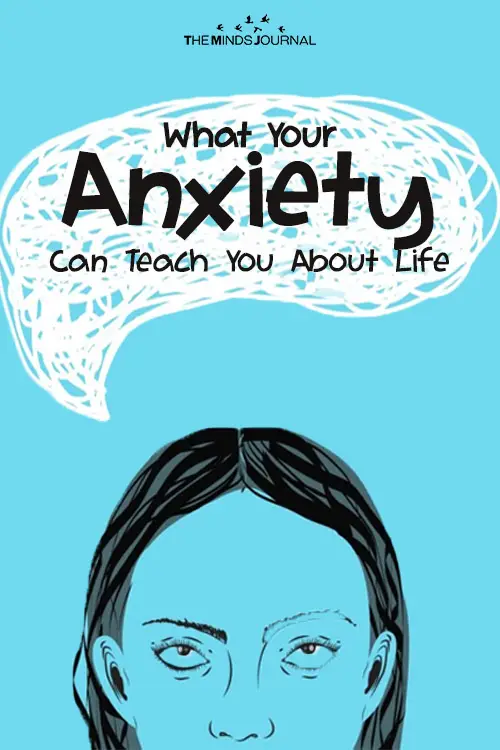
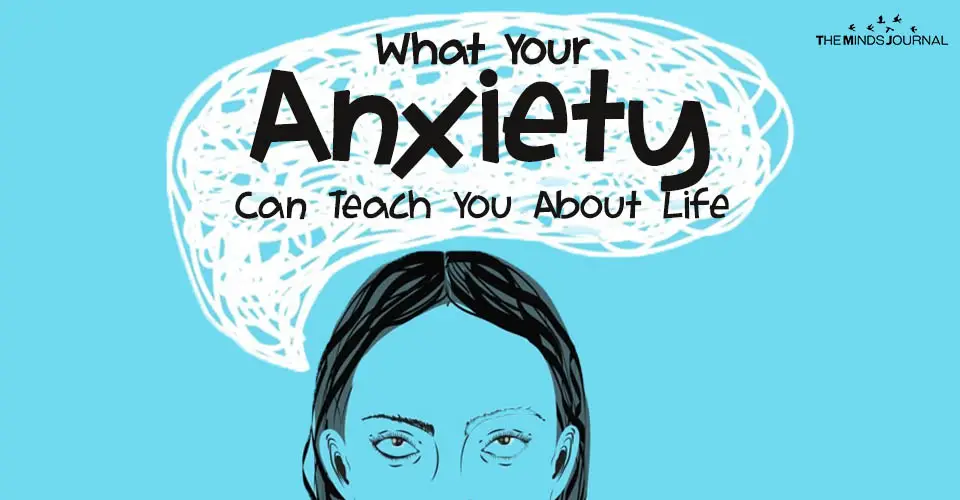
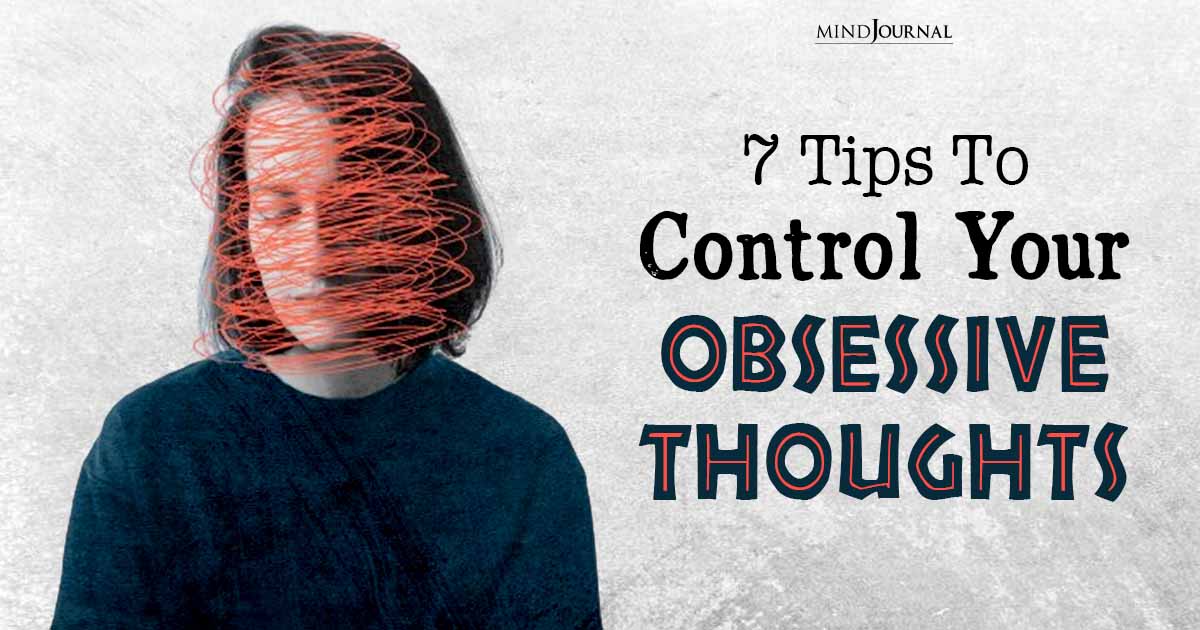
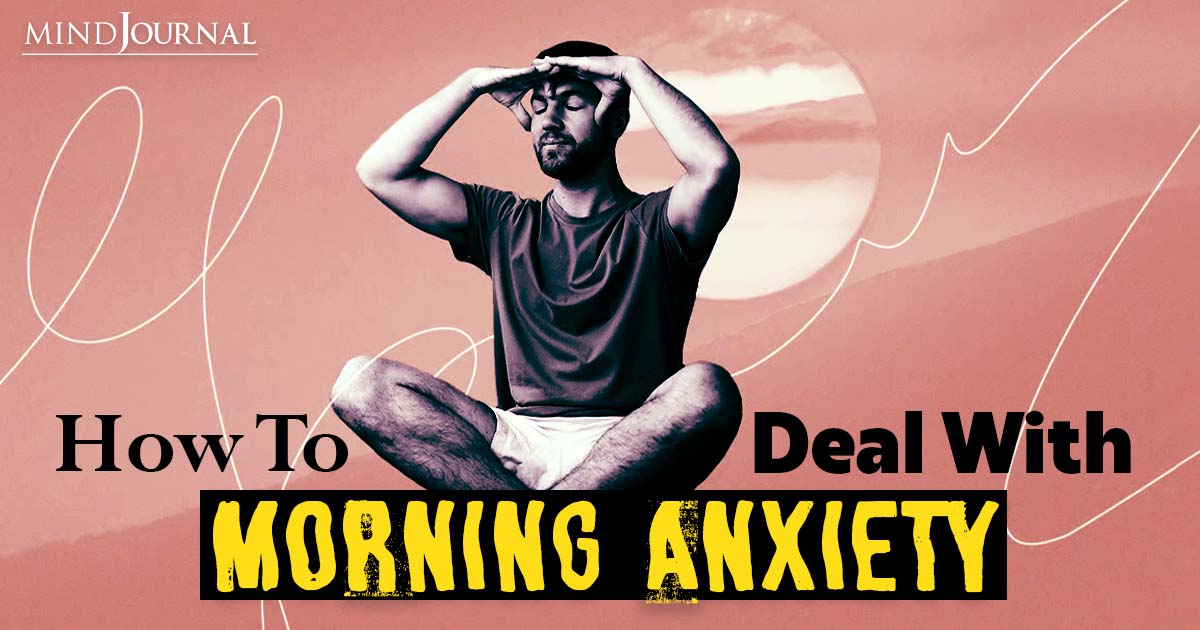
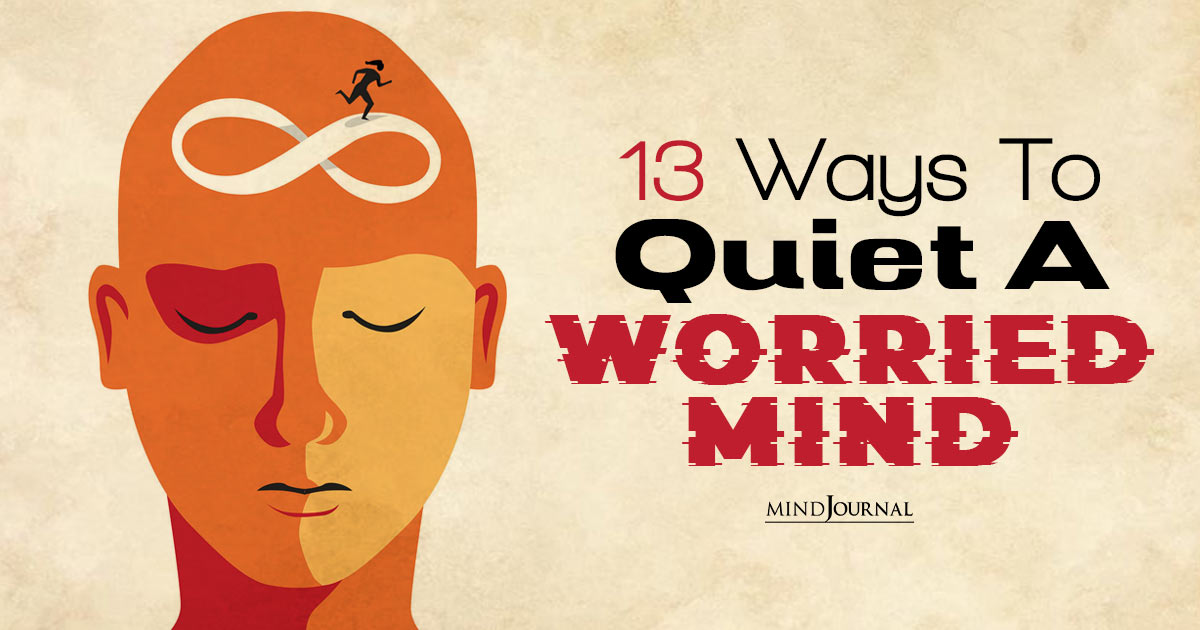
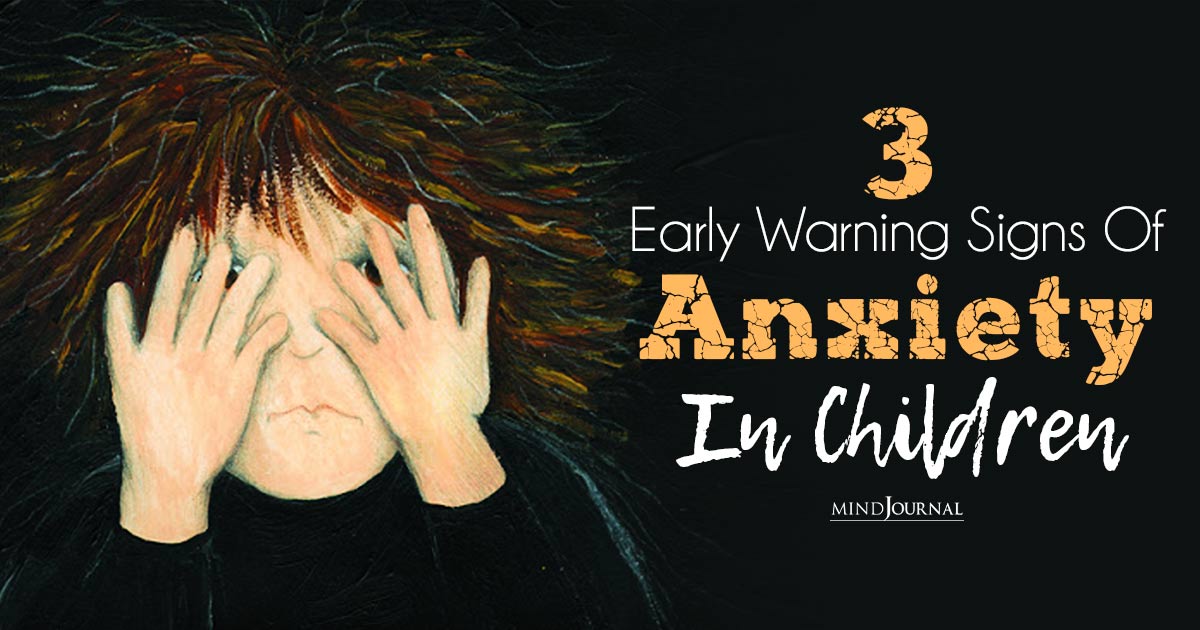
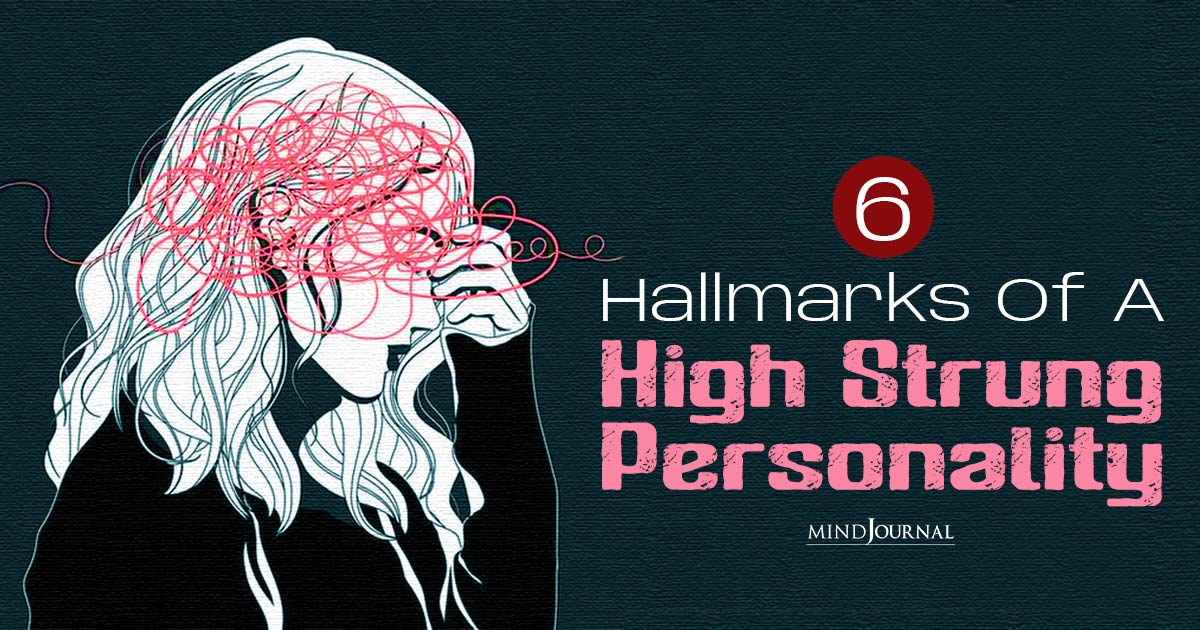
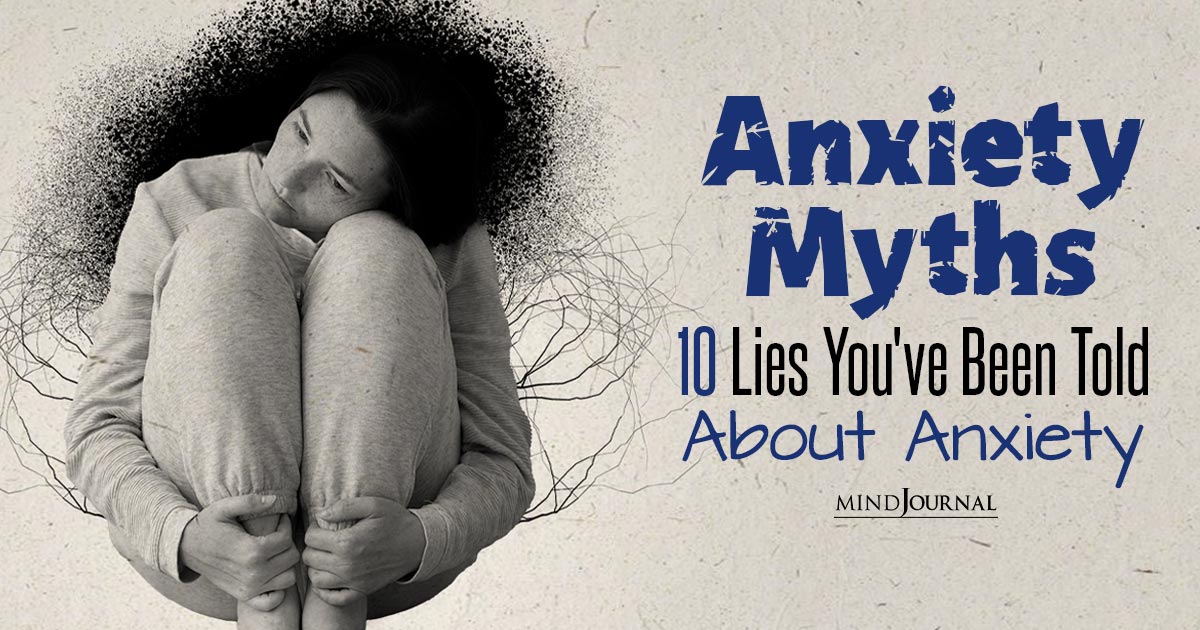
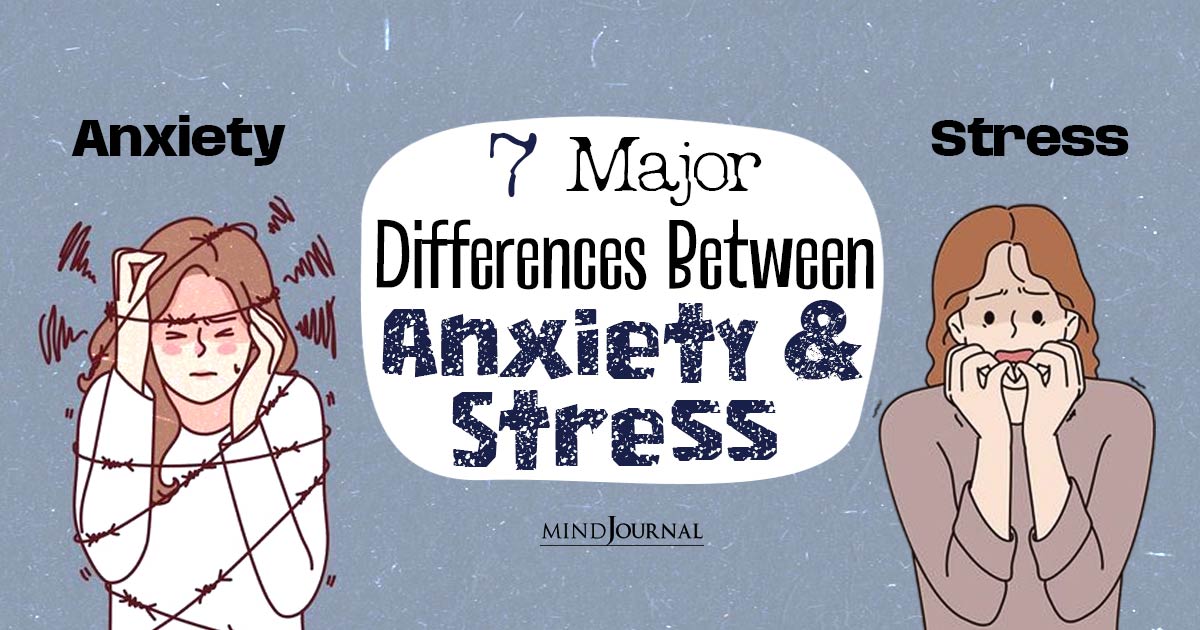
Leave a Reply
You must be logged in to post a comment.